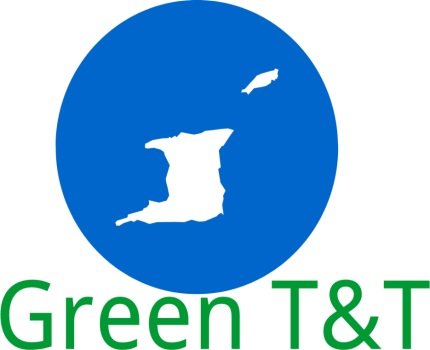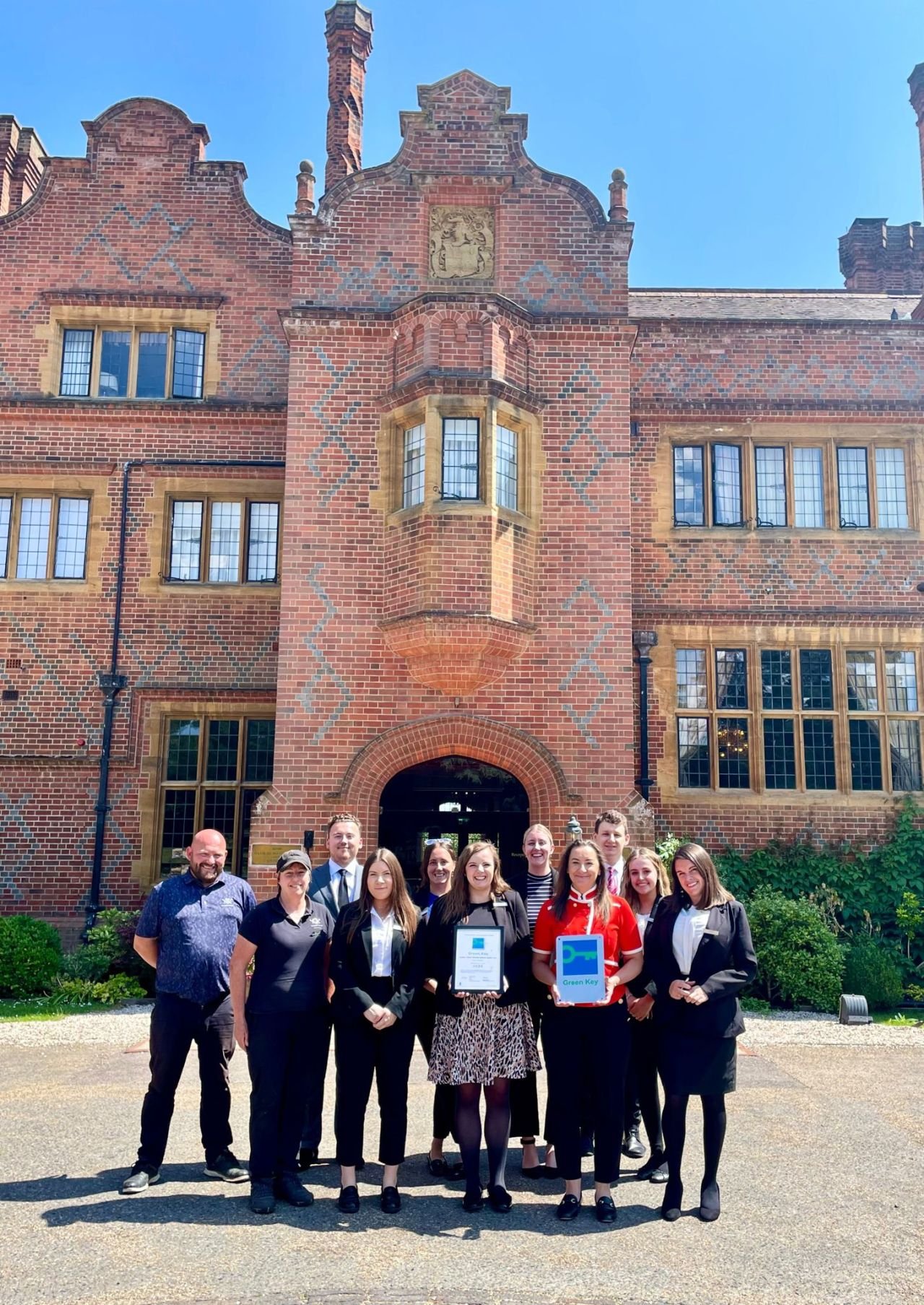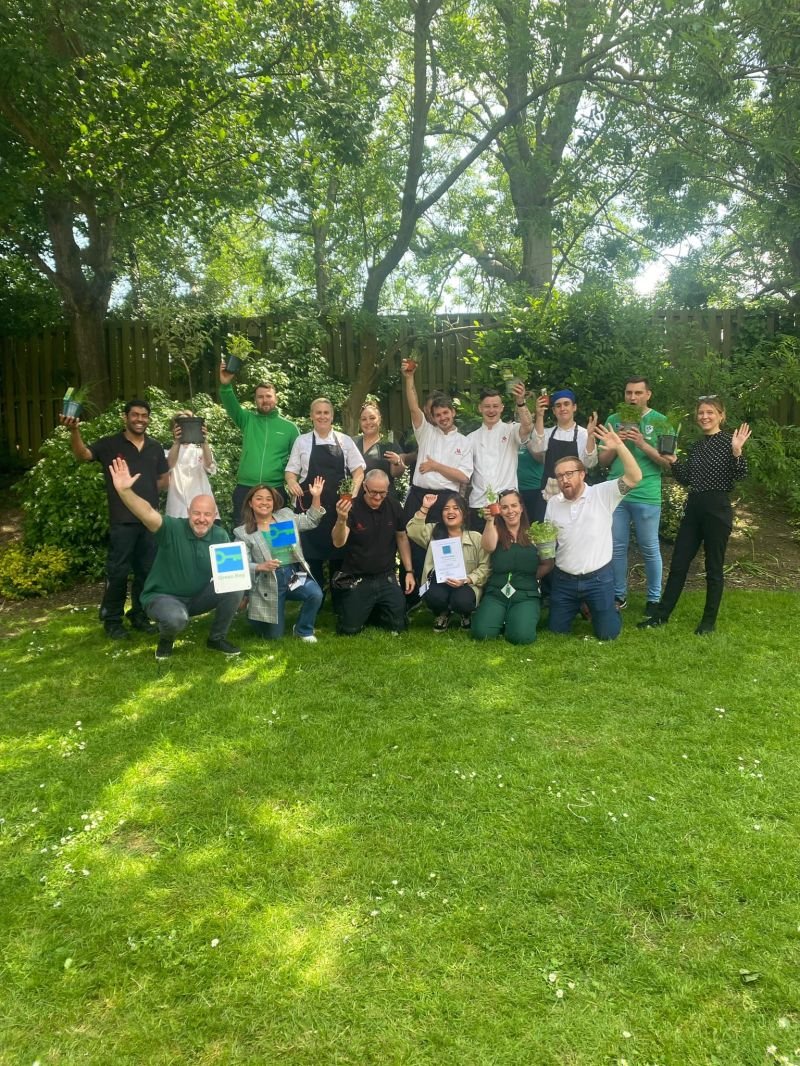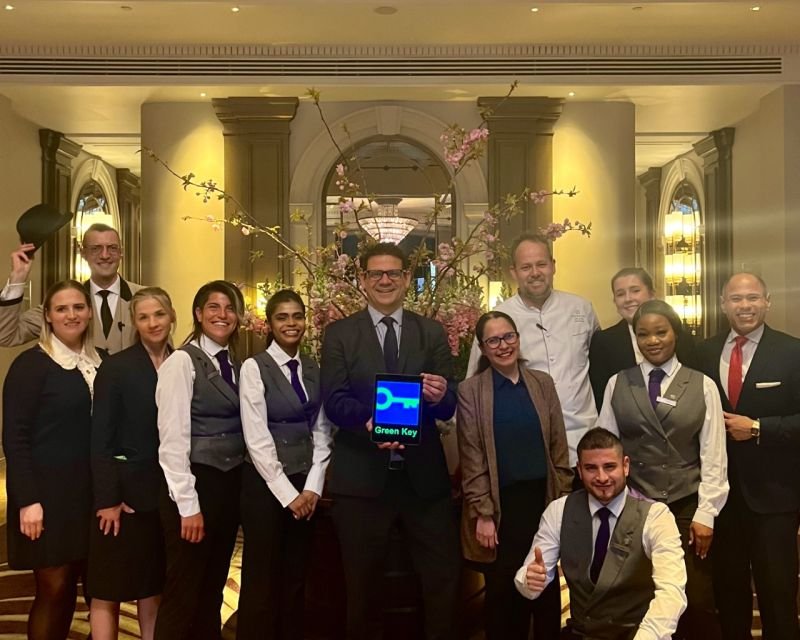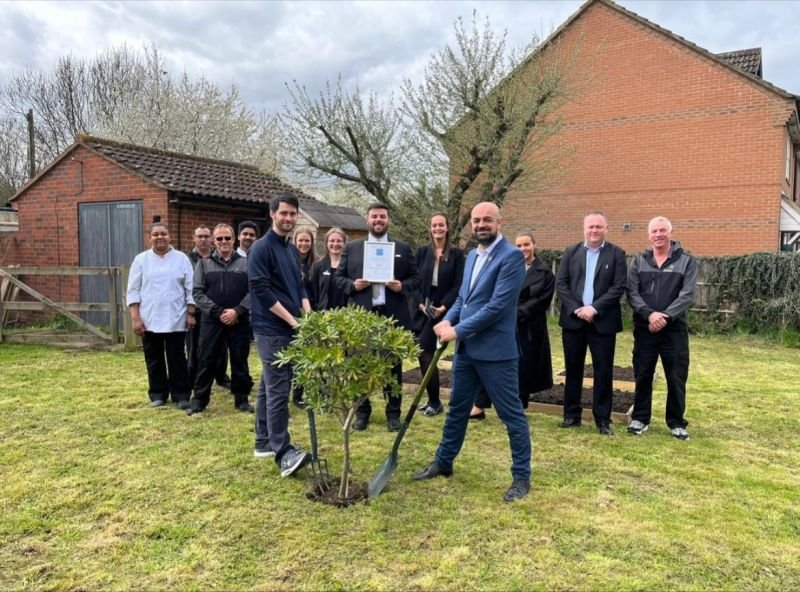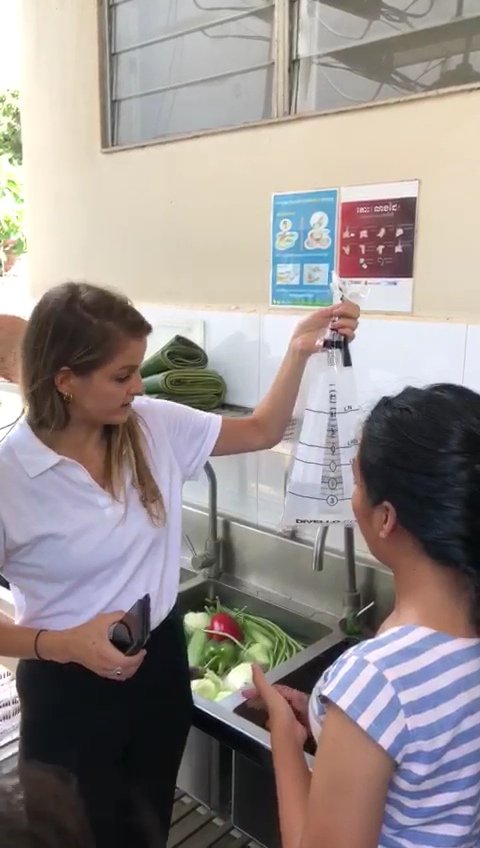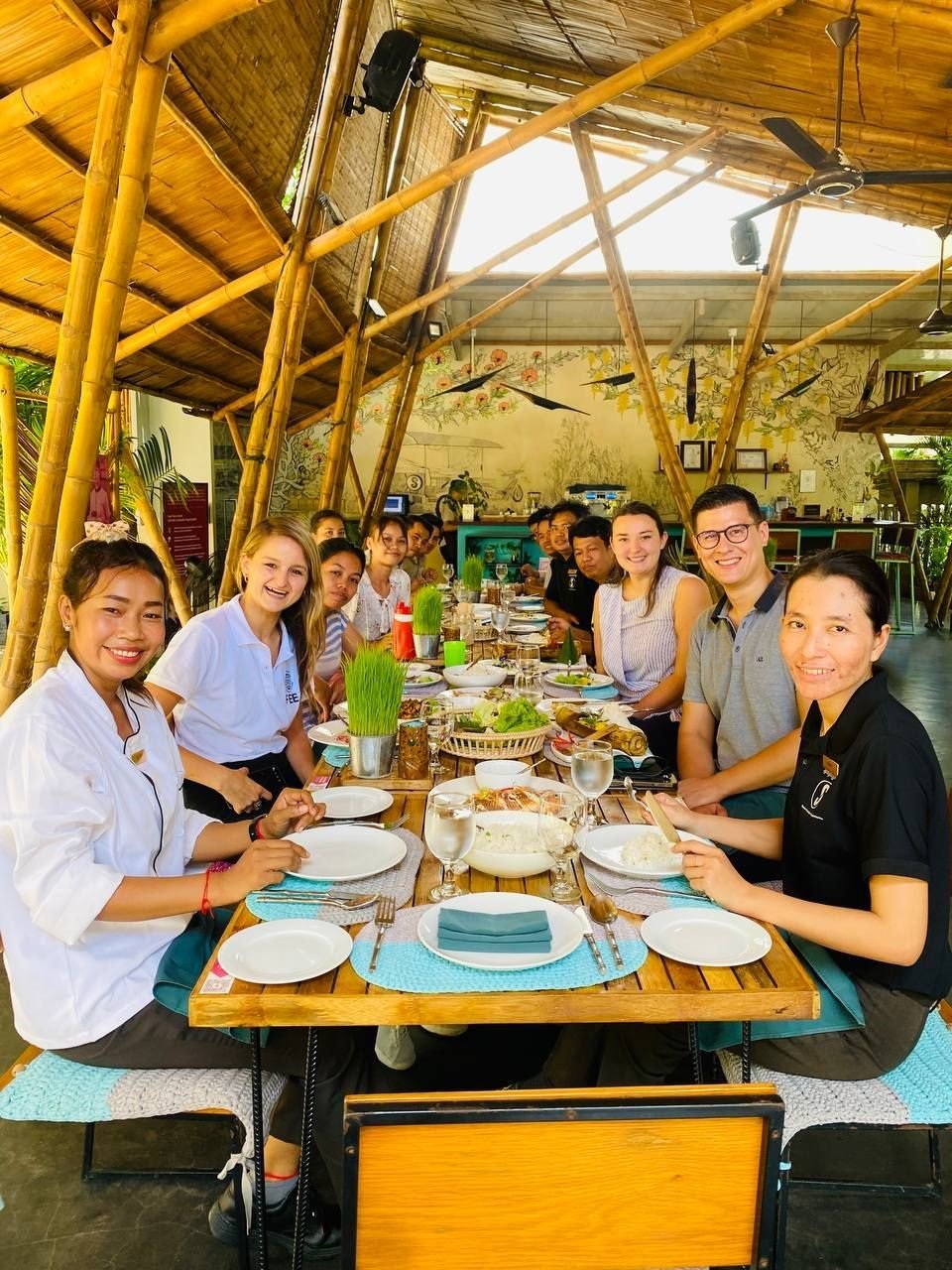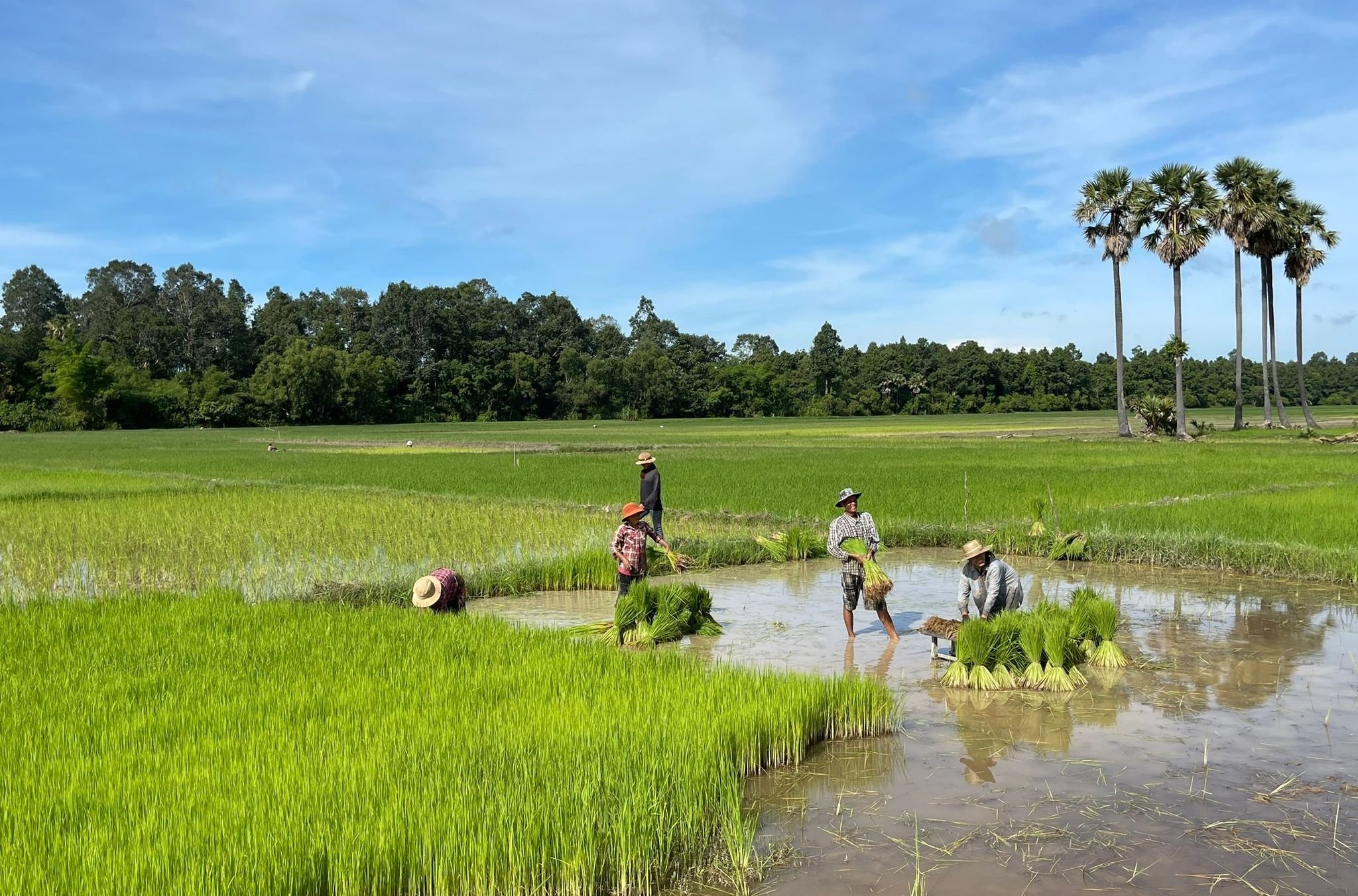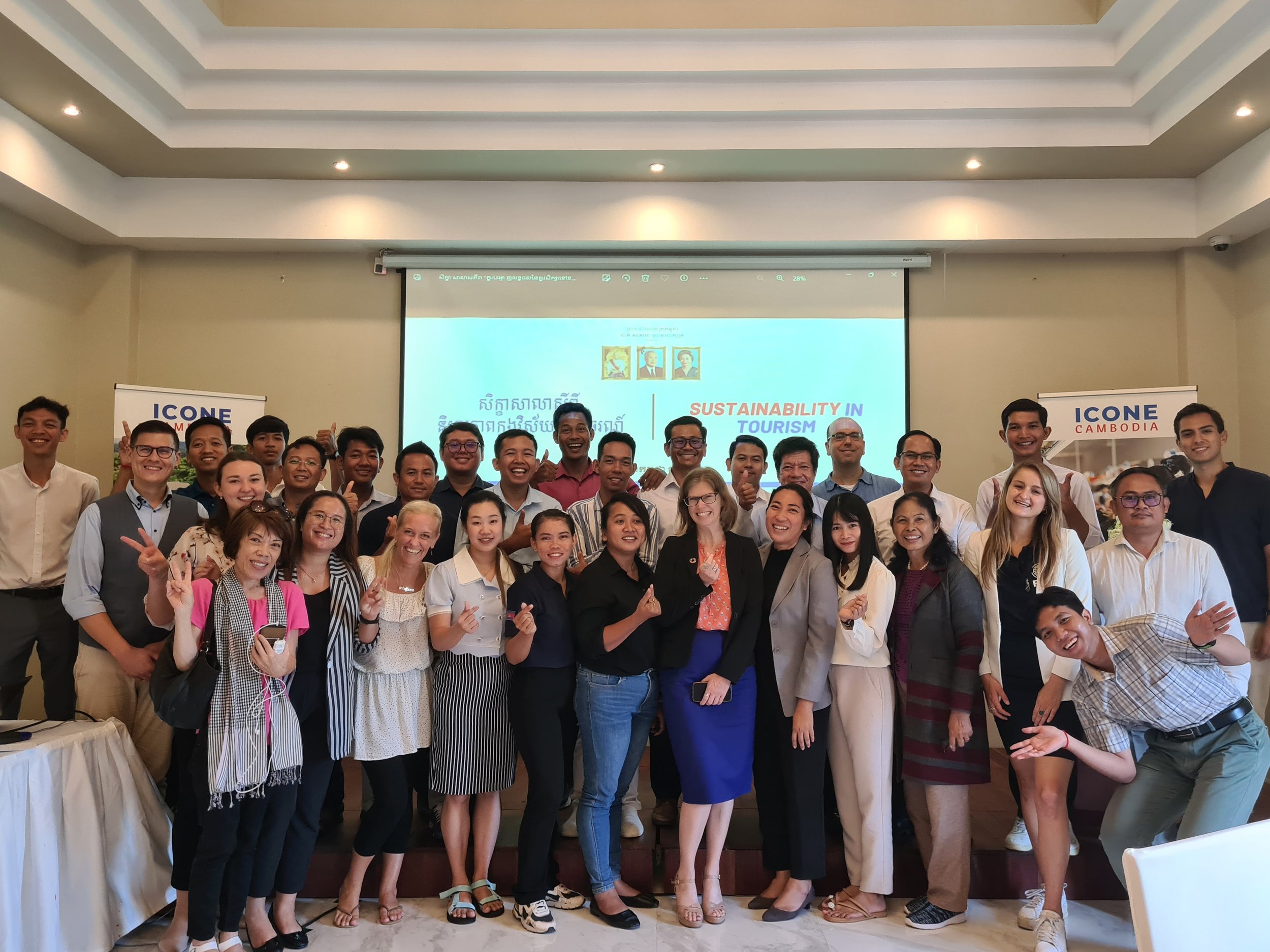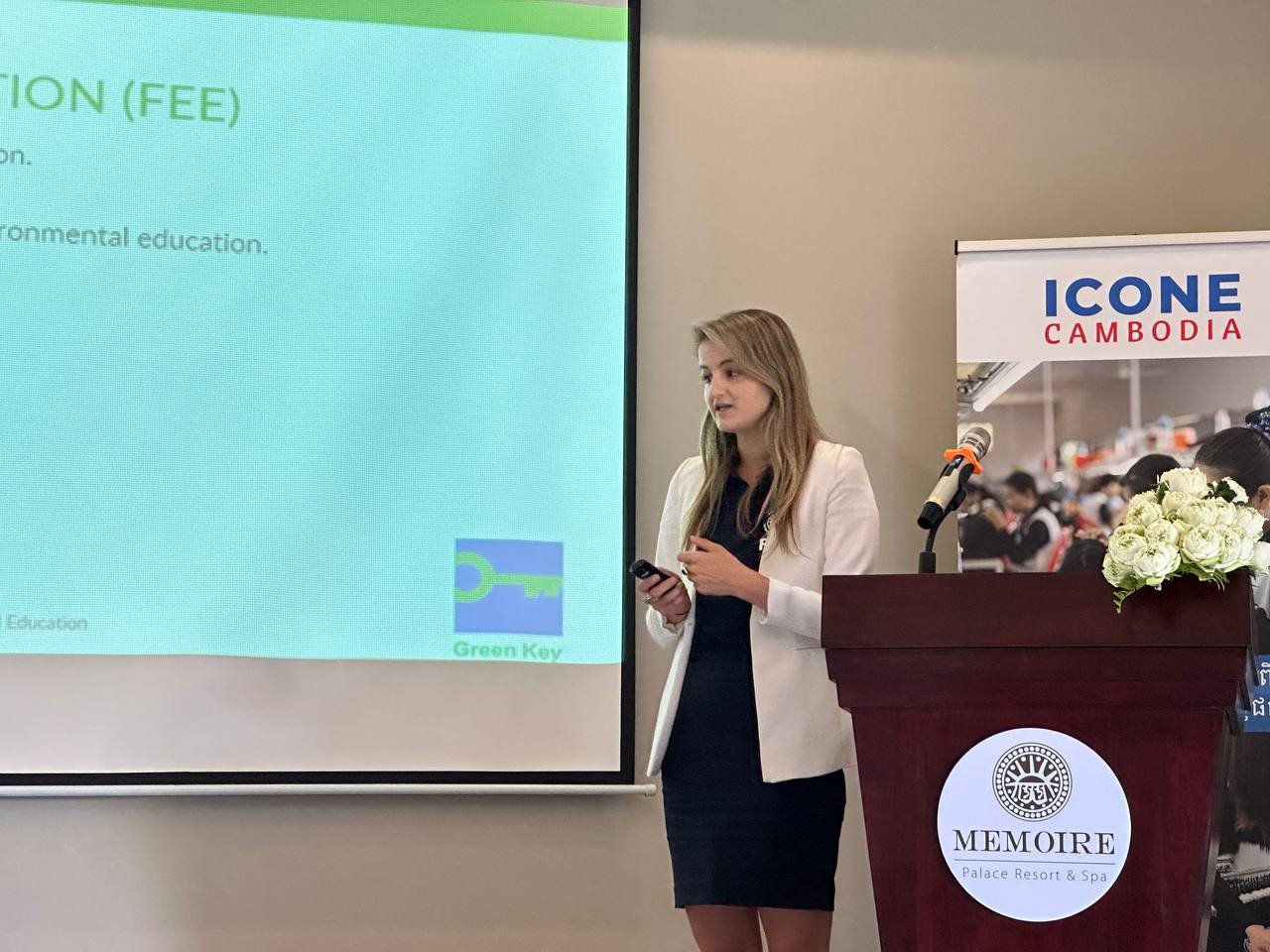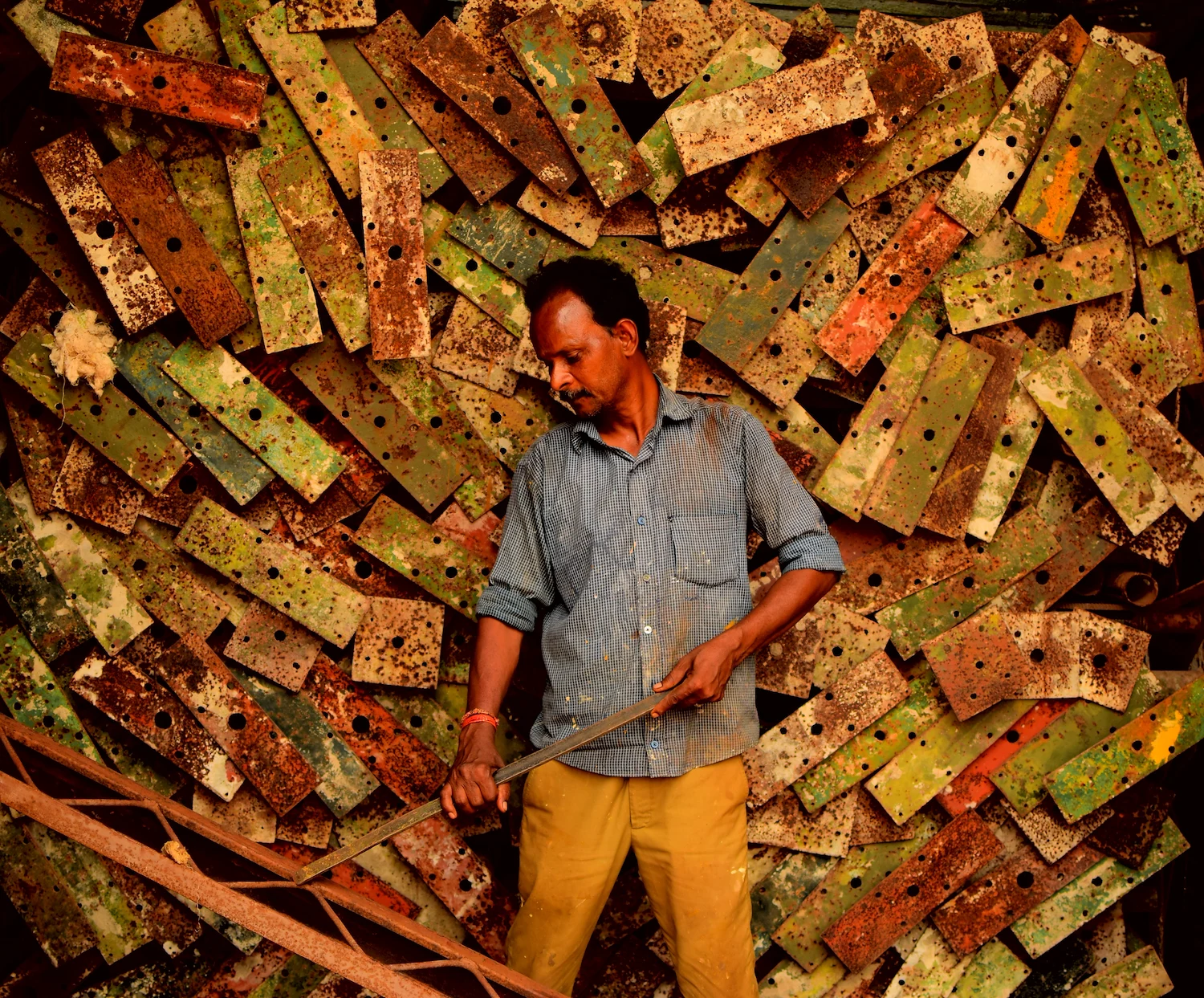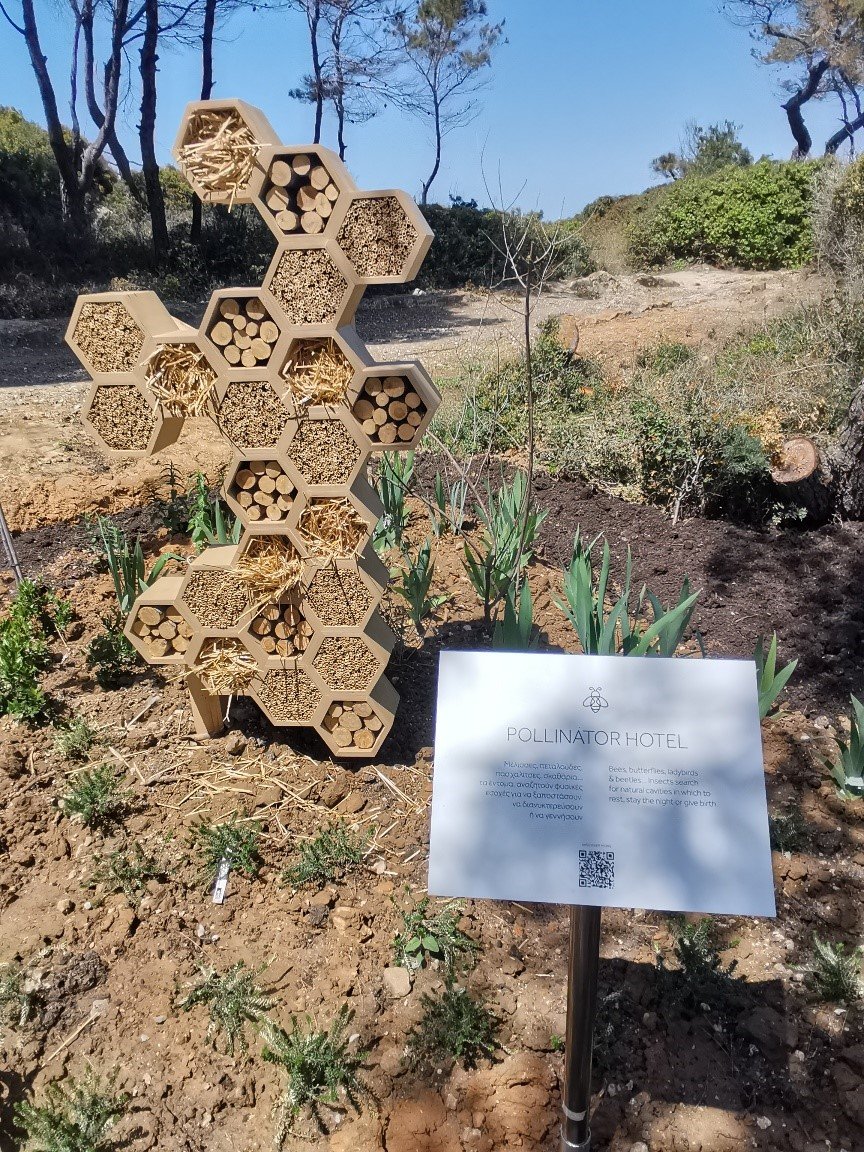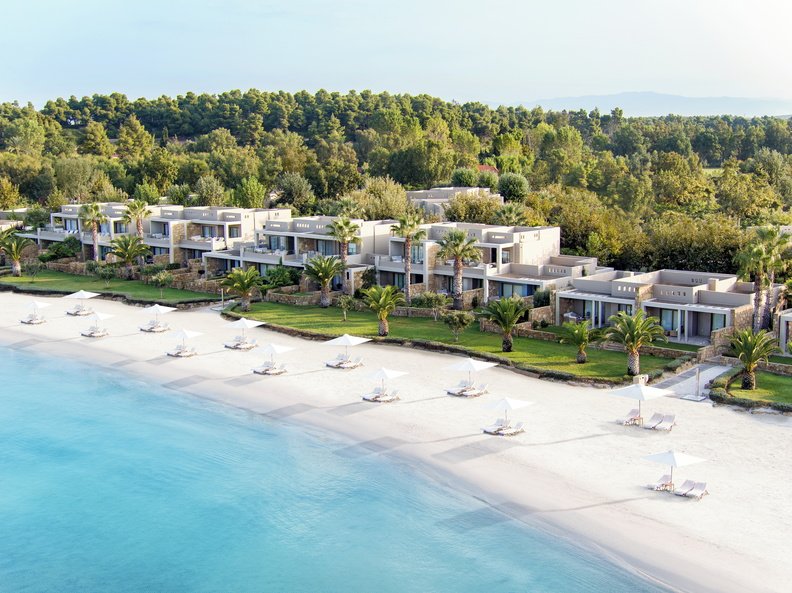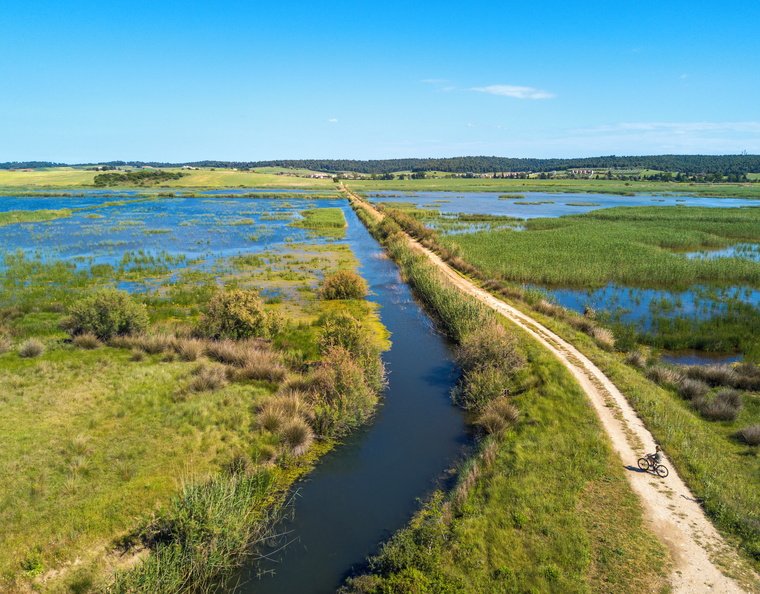Castara Retreats and Hibiscus Heights have recently been added to the list of internationally certified Green Key hotels in Tobago, bringing the total number of certified properties on the island to seven. In addition, Native Abode has achieved its second certification, a remarkable accomplishment. The Green Key programme, implemented by National Operator Green T&T in partnership with the Tobago Tourism Agency Limited (TTAL), has been instrumental in promoting environmental responsibility and sustainable operation within the tourism and hospitality industry.
©Tobago Tourism Agency Limited
Coordinated by the Foundation for Environmental Education (FEE), Green Key is a global voluntary eco-certification programme. The certification process evaluates various aspects of an establishment's operations, including environmental management, energy conservation, waste management, water conservation, and other sustainable practices. With over 4,400 certified hotels and establishments across more than 60 countries worldwide, Green Key is recognised as the leading standard for excellence in this field.
The recent certification ceremony took place on November 21st and 22nd, where Castara Retreats, Hibiscus Heights, and Native Abode received their well-deserved Green Key certificates along with plaques and flags that proudly display their commitment to sustainable practices. This celebration marks a significant milestone for Tobago tourism as it prioritises eco-friendly initiatives that benefit visitors and the local environment.
Since 2018, TTAL has invited all tourist sites, accommodations, attractions, and restaurants in Tobago to participate in the programme. Participating sites can receive a comprehensive assessment from Green T&T and work towards meeting the esteemed Green Key standards. The sites are audited, and the Green Key National Jury reviews their applications. Upon achieving full compliance, these sites are awarded Green Key certification for one year. This rigorous process has established Green Key as one of the most reputable eco-labels worldwide, trusted by prominent chains such as Radisson, Marriott, Accor, and Hyatt.
©Tobago Tourism Agency Limited
The Tobago Tourism Development Limited (TTAL) has issued this statement:
With seven (7) Green Key-certified properties, there are now more accommodation options for the eco-conscious visitor to Tobago. This sets Tobago apart from other countries in the English-speaking Caribbean. The Tobago Tourism Agency Limited is committed to promoting the Green Key programme to increase the awareness and adoption of the sustainable practices inherent in the certification.
Together with programs such as the Tobago Recycling Resource Initiative and legislation such as the Waste Management Rules, 2021 and the Wate Management Regulations, 2021, which lay out guidelines for reducing waste generation and exercising environmentally sound management of waste, Tobago is on the way to being more widely known as a destination where sustainable environmental measures are commonplace.
For Castara Retreats, the journey to certification was most impactful, with their sustainable approach supported by staff members and the community. The owner of Castara Retreats, Steve Felgate, cited
Green Key is an excellent validation of priorities that we have been long-term committed to at Castara Retreats. We plan to continue setting and achieving targets year after year and for our passion to protect and enhance the environment to be shared by guests, staff and all our local and international partners. We are super excited to share this journey with others. Our strategy for sustainability, to be published in early 2024, is now our top business priority.
Hibiscus Heights is a small but ambitious accommodation provider that has surpassed many criteria and eagerly anticipates reaping the rewards of its efforts. Owner and Manager of Hibiscus Heights, Mike Walmsley, said,
Technology can offer excellent advantages and help reduce our carbon footprint; as an example, we installed wifi controlled remotes for all our air-conditioning units; this enables us to turn off the units when guests forget and leave on leaving for the day, without having to go into the apartments. We can also reset the temperature any time from an app on the phone, even if we are not on the premises.
The savings are a win, win.
©Tobago Tourism Agency Limited
Native Abode is well-acquainted with the process and remains enthusiastic about the program. Here's what they had to say:
We have always strived to use our comparative advantage to make current and future gains in our business. This includes producing fruits and vegetables in an organic way, practising energy and water conservation, pre-ordering breakfast to reduce wastage, and using appropriate technology to eliminate printing. Green Key has provided formal recognition of how we do business. So, being Green Key certified means how we do business protects the environment and promotes sustainable prosperity, which resonates well with the growing climate conscious market.
Adventure Eco Villas, Bananaquit Vacations, House of Grace, Tropical Apartments, and Shepherds Inn in Tobago have received Green Key certification. As the National Operator for this programme in Trinidad and Tobago, Green T&T continues to collaborate with hospitality and tourism establishments across both islands to recognise and commemorate their existing sustainable initiatives through participation in the esteemed Green Key programme.
For more information on Green T&T, please visit www.green-tt.org or email greenkey@green-tt.org Telephone contact: 1-868-358-1708.




